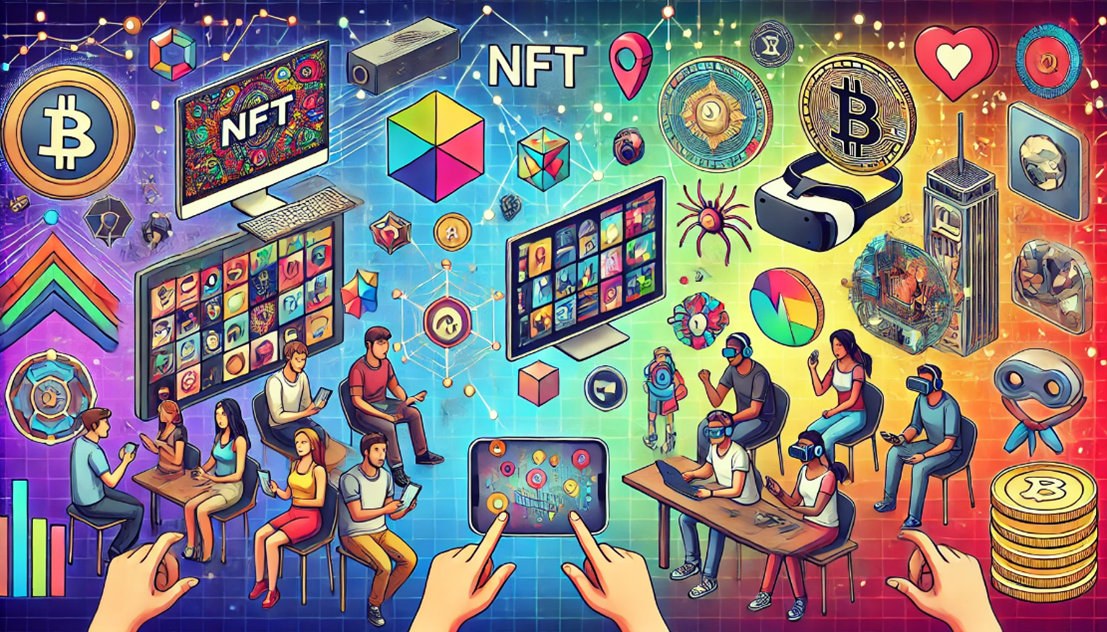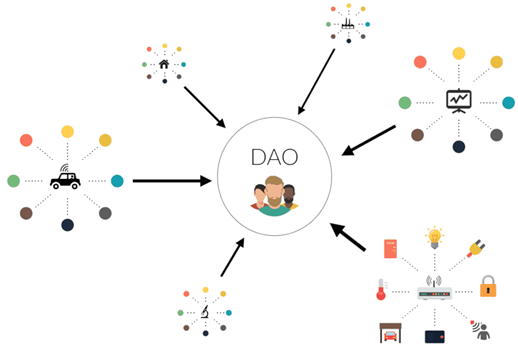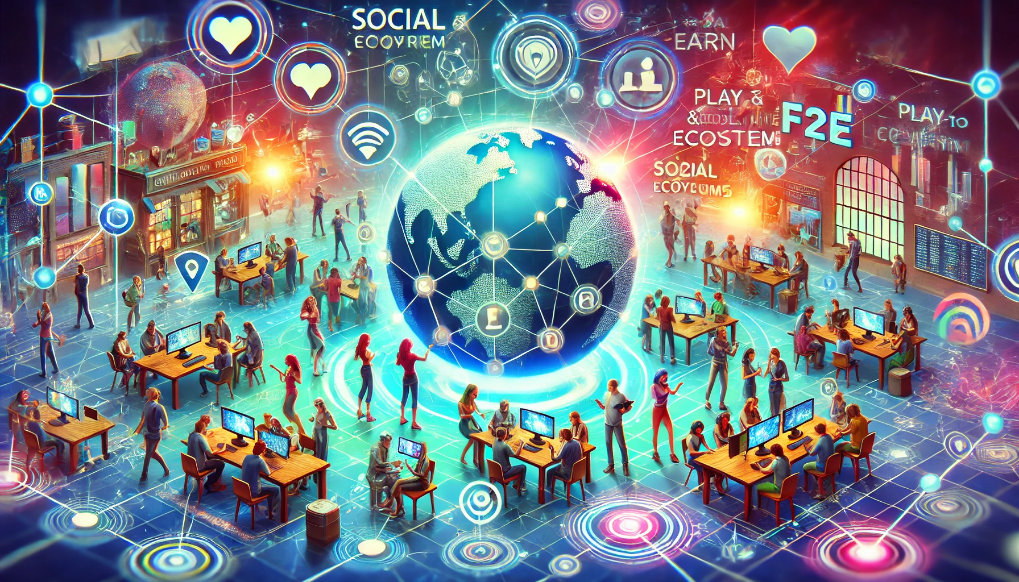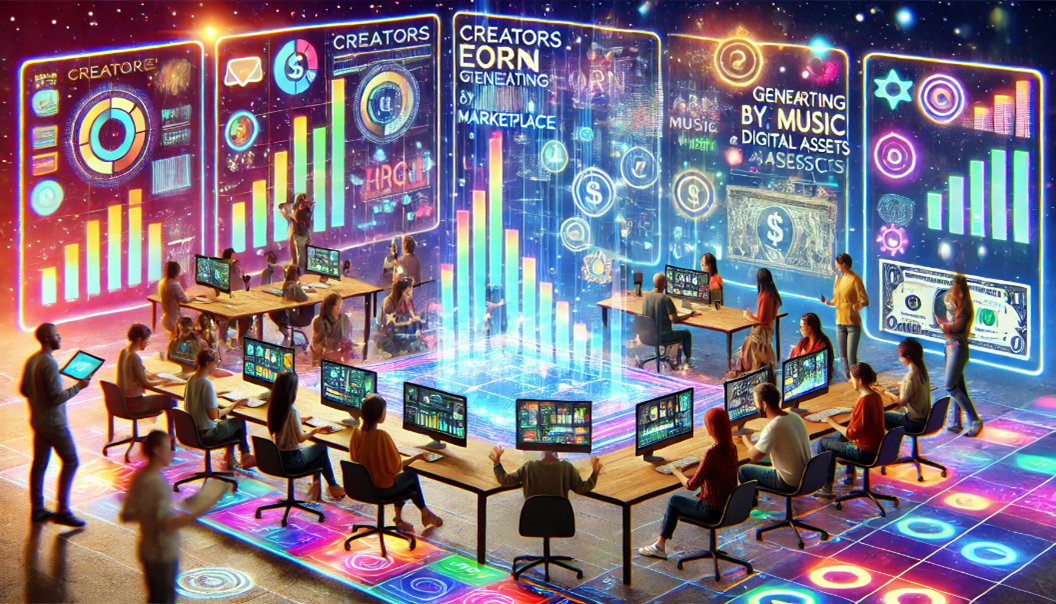Regulatory and ethical concerns in P2E ecosystems

Regulatory and ethical concerns in P2E ecosystems
by Maximilian 03:37pm Jan 13, 2025

Play-to-Earn (P2E) ecosystems, where players earn digital assets or cryptocurrency through gaming activities, have raised several regulatory and ethical concerns that are being scrutinized by governments, game developers, and players alike. These concerns can be categorized into the following areas:
1. Regulatory Concerns:
a) Securities Regulations
In some jurisdictions, tokens or in-game currencies earned through P2E games may be classified as securities. This means that game developers may need to comply with securities laws, including registration requirements, disclosures, and anti-money laundering (AML) regulations.
Regulatory authorities like the U.S. Securities and Exchange Commission (SEC) have scrutinized some P2E models, questioning whether the earned tokens are being used primarily as a form of speculation or if the system resembles a form of gambling.
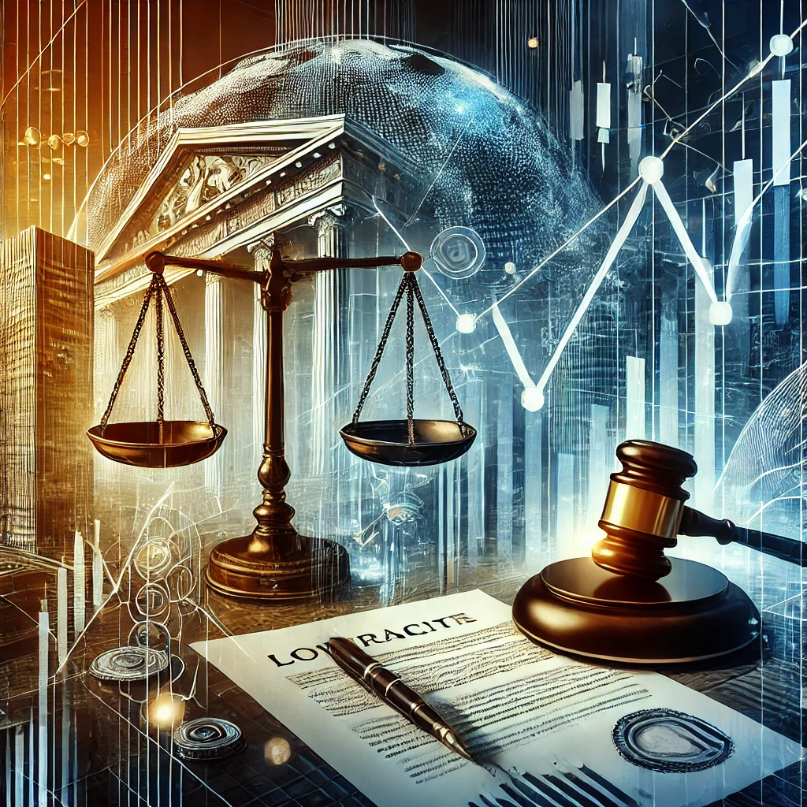
b) Taxation
Many P2E gamers earn tokens that can be traded for real-world money, creating taxable income. Governments face challenges in ensuring that these earnings are reported and taxed appropriately.
Questions arise about how income from virtual assets should be treated—whether it's capital gains, income tax, or something else—and how to track and enforce these taxes on decentralized platforms.
c) Anti-Money Laundering (AML) and Know Your Customer (KYC) Laws
P2E ecosystems can be exploited for money laundering or illicit financial transactions, as many games allow for anonymous or pseudonymous transactions.
Regulatory frameworks may require game developers and platforms to implement KYC and AML procedures to prevent illegal activities like money laundering or terrorist financing.
d) Consumer Protection
Issues related to fraud, scams, and misleading practices in P2E ecosystems are major concerns. Since P2E often involves real monetary transactions, protecting consumers from unfair practices, deceptive marketing, and unregulated financial instruments is a priority for regulators.
e) International Regulation Discrepancies
As P2E ecosystems can operate globally, international inconsistencies in regulations can lead to challenges in enforcement and create loopholes for developers to exploit.
2. Ethical Concerns:
a) Exploitation and Labor Concerns
Some critics argue that P2E games may exploit players, particularly in developing countries, where gamers might spend substantial time playing the game to earn cryptocurrency that has limited real-world value.
Many P2E models are seen as encouraging long hours of work (in the form of gaming) with low or unpredictable rewards, potentially leading to the "gamification of labor."

b) Pay-to-Win (P2W) Models
Some P2E games may exacerbate inequality within the ecosystem by allowing wealthy players to purchase in-game assets or advantages, potentially creating a "pay-to-win" scenario. This undermines the fair competition or the sense of achievement within the game.
Ethical concerns arise around the exploitation of players who lack the financial resources to compete on equal terms, especially if these purchases can significantly affect gameplay outcomes.
c) Environmental Impact
Many blockchain-based P2E games use proof-of-work (PoW) blockchains, which are energy-intensive. This has led to concerns about the environmental impact of these ecosystems, especially considering the global shift toward sustainability.
Ethical questions are raised about the long-term ecological consequences of supporting energy-heavy gaming ecosystems.
d) Addiction and Mental Health
P2E models, which can provide constant incentives and rewards, might foster gaming addiction. Players may feel compelled to continue playing to earn more rewards, leading to potential mental health issues.
Concerns about how these ecosystems may prey on vulnerable players and impact their well-being, including excessive time spent playing and gambling behavior, are growing.
e) Token Volatility and Financial Risk
The volatility of tokens in P2E ecosystems introduces significant financial risk to players. Some players may lose substantial amounts of money due to market fluctuations, which raises ethical concerns about the transparency of the game's economy and the risks involved.
There are also concerns that players may be drawn into speculative behavior, where they gamble on the future value of in-game tokens, potentially leading to financial losses.
f) Intellectual Property and Ownership
The digital assets earned in P2E games may be considered player-owned, but the developers often retain control over the game and its mechanics. Issues of intellectual property, digital ownership, and control over assets are central ethical concerns.
There are questions about whether players can truly own the assets they earn and what happens if the game shuts down or developers change the rules.

Conclusion:
P2E ecosystems offer innovative opportunities for players to earn, but they bring with them a host of regulatory and ethical challenges. These concerns require careful attention from both regulators and developers to ensure that P2E games provide fair, safe, and sustainable experiences for all players, while also adhering to legal standards and minimizing negative societal impacts.



